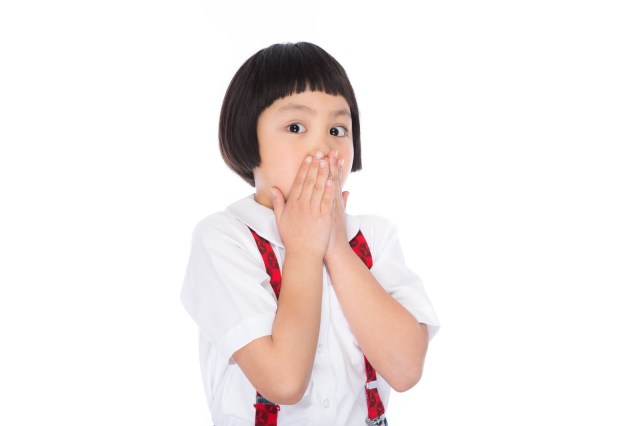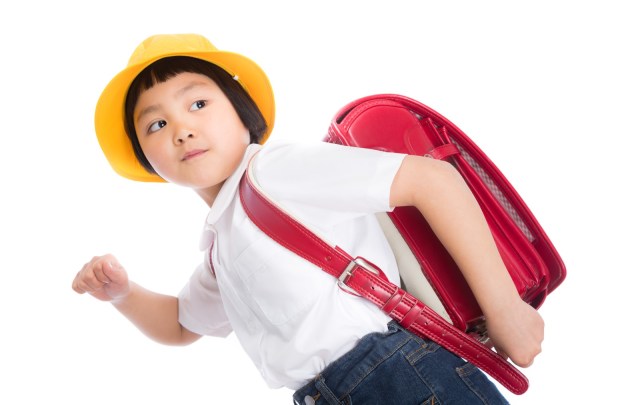
The number of truant elementary and junior high school students in Japan is also the highest ever recorded.
Every year, Japan’s Ministry of Education, Culture, Sports, Science and Technology (MEXT) conducts a study related to truancy, bullying, suicide, and more at elementary, junior high, and high schools across the country. The results of last year’s study, released publicly on October 27, reveal some startling numbers, particularly related to students not attending school on a regular basis (defined here as missing school for more than 30 days of the school year).
Last year, over 244,940 students (1,498 elementary school-aged and 163,442 junior high school-aged) didn’t attend school for over 30 days. That’s a 25-percent increase of nearly 49,000 students from the previous year’s numbers, and means that one in 20 junior high school students are considered truant.
▼ In other words, the numbers indicate that roughly 1-2 students in a typical classroom of 30-40 junior high school students are often absent.

While MEXT has cited multiple factors for these numbers, it’s likely that interruptions caused by COVID such as temporary closings of schools and drastic alterations in school life have been a driving factor in causing many children to feel unmotivated to study with their peers in a classroom atmosphere. Approximately 590,000 COVID infections in children were also reported, especially around new year’s and the summer.
It’s important to note, however, that this is the ninth consecutive year that the study has found an increase in the number of students regularly missing school, which indicates that there’s more at play than just COVID. In fact, the current number of truant elementary school students is 3.6 times higher and the current number of truant junior high school students is 1.7 times higher than the numbers from ten years ago. Whether it’s due to strict lists of behavioral expectations set by elementary schools or not-mandatory-but-mandatory policies to join afterschool clubs, we’re curious to learn more and see how next year’s report shapes up.
Source: NHK via Hachima Kiko
Featured image: Pakutaso
Insert image: Pakutaso
● Want to hear about SoraNews24’s latest articles as soon as they’re published? Follow us on Facebook and Twitter!

No hay comentarios:
Publicar un comentario